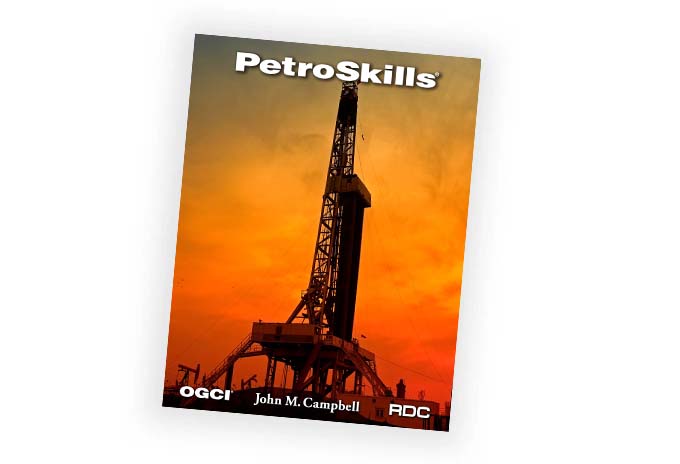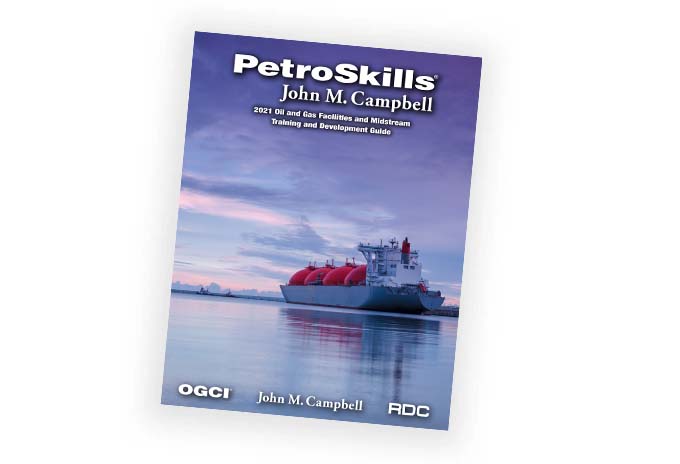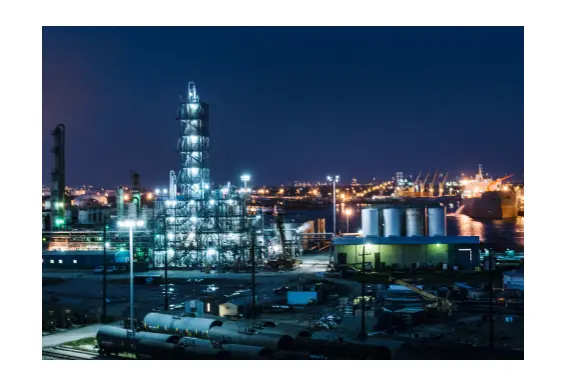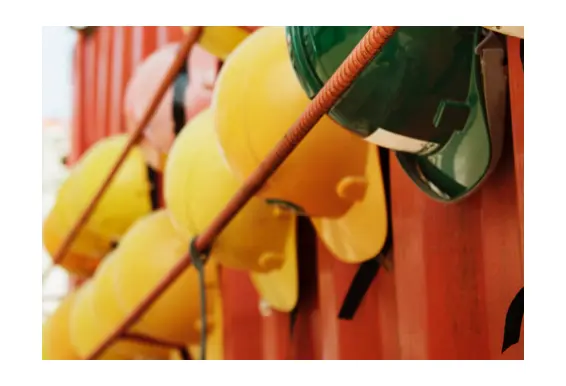Production Principles
e-Learning
About the eLearning Course
This skill module introduces four characteristics of optimum oil and gas depletion production principles, namely:
- Effects of Geological and Reservoir Properties
- Inflow and Outflow Performance
- Tubing Strings, Outflow, and Lift Mechanics
- Field Development Planning
Each is examined to illustrate the importance of up front data acquisition to perform studies to understand target design objectives for both conventional oil and gas reservoirs and unconventional shale oil and shale gas reservoirs and unconventional coal bed methane reservoirs.
Target Audience
Petroleum engineers, production operations staff, reservoir engineers, facilities staff, drilling and completion engineers, geologists, field supervisors and managers, field technicians, service company engineers and managers, and especially engineers starting a work assignment in production engineering and operations or other engineers seeking a well-rounded foundation in production engineering.You Will Learn
- Effects of depositional environment and the rock cycle in the formation of hydrocarbon accumulations
- Reservoir engineering principles that guide optimum conventional and unconventional reservoir development
- The important characteristics of oilfield Inflow and Outflow and their related mathematical flow equations and applied principles required for system modeling
- Why a well flows on natural flow and the eventual requirement for artificial lift to maximize overall recovery as reservoir depletion occurs and reservoir energy diminishes
- Special considerations for tubing regarding erosional velocity and critical flow condition
- Key field development parameters that are common to all well designed hydrocarbon exploitation systems




